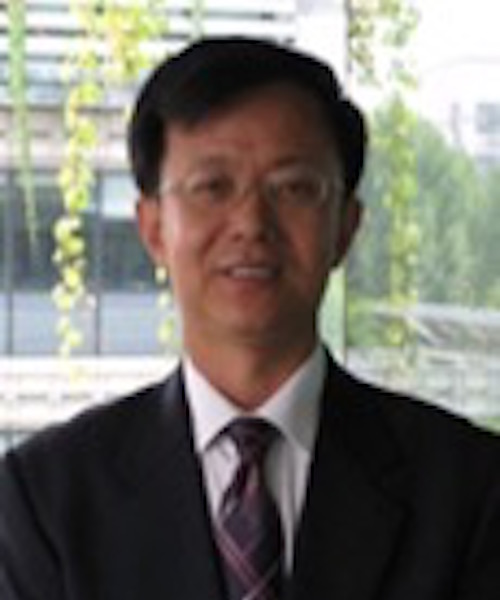
From Intellectual Property Rights to Sino-U.S. Climate Cooperation
Hao Min | February 14, 2018
Responding To: Building a Career in Climate Change Research
William Pizer
I started working on U.S.-China climate cooperation when I served as Deputy Assistant Secretary for Environment and Energy from 2008-2011. Especially after the beginning of the Obama administration there was great interest in what China was doing, and this became increasingly important in the lead up to the climate change conference in Copenhagen. I made several trips to China and developed further interest in what was happing there. After coming to Duke University in 2011, my interest was amplified because Duke opened a campus in Kunshan, outside of Shanghai. We began to consider an environmental focus on that campus, so we created a master’s degree program and a research center. This established a platform to think about opportunities for my own focus in China.
The areas I have been most focused on are first climate change policy, specifically how the U.S. experience could help inform choices that China was making about the design of its climate policy and related objectives. Once I understood how China’s pilot trading programs were working, I became very interested in the power sector because that’s where we attain many reductions in the U.S., and perhaps could be an opportunity in China. However, I learned that when the power sector is not market-driven then many of the policies do not work in the same way. Thus, as a derivative I became interested in power sector reform in China. My interest in climate policy further split in two directions: one was thinking about the design of a national program in China, and the other was more broadly about how the United States and China work together to lead international cooperation. These are my three focus areas.
Billy Pizer is a professor at the Sanford School of Public Policy at Duke University. He is a participant in the Initiative for U.S.-China Dialogue on Global Issues faculty research group on climate change.

Hao Min | February 14, 2018

Zhang Xiliang | February 10, 2018

Melanie Hart | February 9, 2018